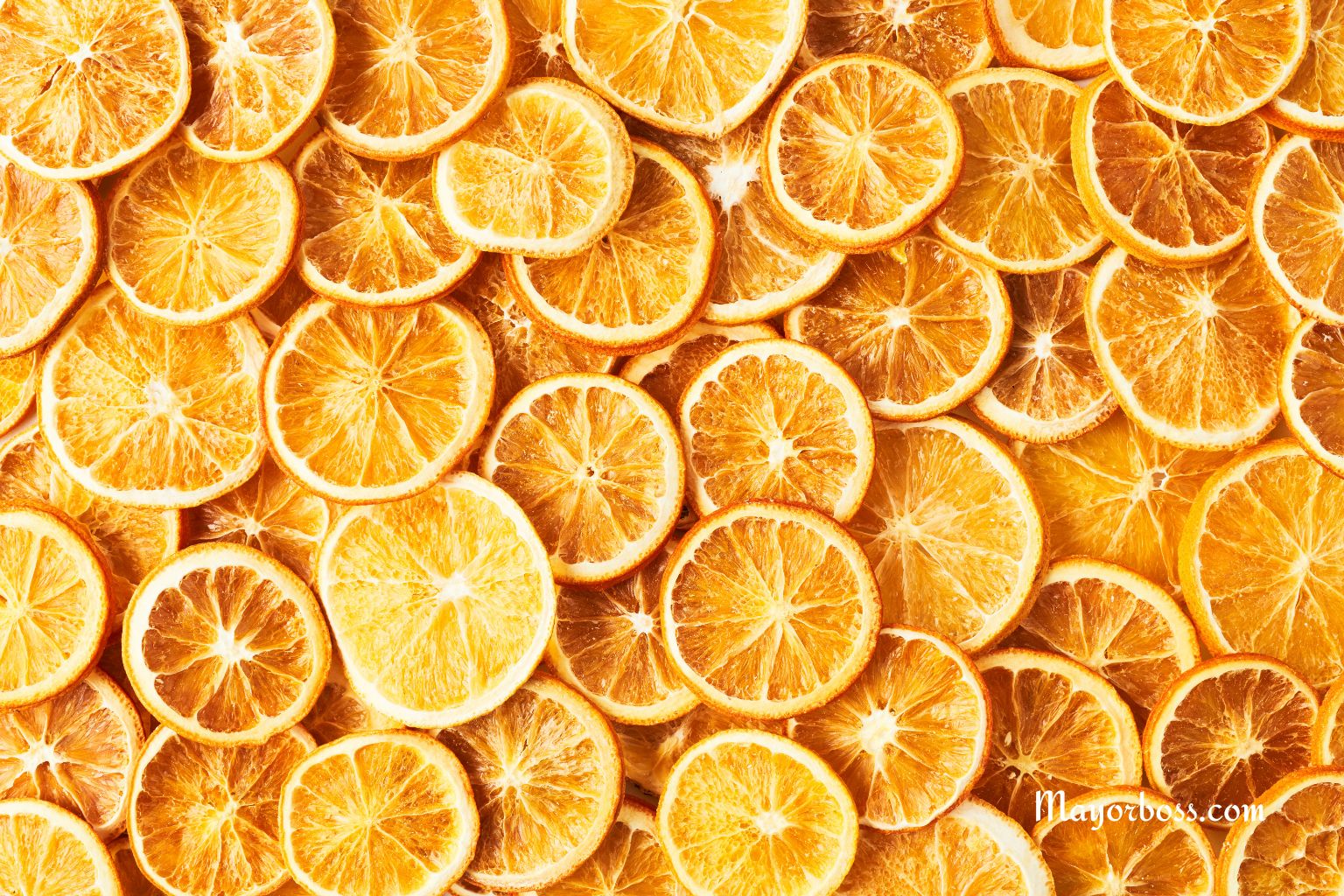8 Fruits That Are High In Protein
When people think of protein, they usually picture meat, eggs, or beans. But fruit? It’s often overlooked. While fruits are not typically considered high-protein foods, some varieties contain more protein than others. These fruits can support a well-balanced diet, especially for those looking to add more plant-based protein sources to their meals.
Below are eight fruits that contain higher levels of protein compared to others.

1. Guava
Guava is one of the richest sources of protein among fruits. One cup of raw guava contains about 4.2 grams of protein. That’s more than double what you’d find in many other fruits.
In addition to protein, guava provides fiber, vitamin C, and antioxidants. It also has a low glycemic index, making it suitable for people managing blood sugar levels. You can eat guava raw, blend it into smoothies, or add it to fruit salads.
2. Avocado
Avocados offer around 3 grams of protein per cup, which is relatively high for a fruit. But their appeal goes beyond protein. Avocados are full of healthy fats, especially monounsaturated fats that support heart health.
They also provide potassium, magnesium, and fiber. Unlike most fruits, avocados are not sweet, which makes them versatile in savory dishes like salads, spreads, and even soups.
3. Apricots
Fresh apricots provide close to 2.3 grams of protein per cup, and dried apricots can offer about 2 grams. Since drying removes water and concentrates nutrients, the protein content becomes more significant in dried form.
Apricots also contain vitamin A, iron, and fiber. Just be mindful of portion size with dried fruits, as they are calorie-dense and sometimes contain added sugar.
4. Raisins
Raisins, which are dried grapes, pack about 1 gram of protein per ounce. They are convenient, portable, and easy to mix into snacks, yogurt, or cereal.
They also contain iron, potassium, and antioxidants. However, due to their high sugar content, it’s best to consume them in moderation.
5. Jackfruit
Jackfruit is a tropical fruit often used as a meat substitute in vegetarian dishes due to its texture. One cup of jackfruit provides about 2.8 grams of protein.
Besides protein, jackfruit offers vitamin C, potassium, and a decent amount of fiber. When cooked unripe, it absorbs flavors well and works in savory meals. When ripe, it has a sweet, fruity taste and can be eaten fresh.
6. Blackberries
Blackberries deliver around 2 grams of protein per cup. They are also rich in vitamin C, vitamin K, and antioxidants known as anthocyanins.
These compounds support immune health and help reduce oxidative stress. Blackberries are a great choice for snacks, oatmeal toppings, or mixing into yogurt.
7. Oranges
While oranges are best known for their vitamin C content, they also provide about 1.3 grams of protein per cup of sections. Oranges also contain fiber, folate, and potassium.
They make a hydrating and refreshing snack that fits easily into most meal plans. For those with higher protein needs, oranges can complement a protein-rich main dish or shake.
8. Bananas
Bananas contain about 1.3 grams of protein per medium-sized fruit. They are also a source of potassium, vitamin B6, and fiber.
Their natural sweetness makes them a go-to for quick snacks or smoothie bases. While not extremely high in protein, bananas still offer more than many other common fruits.
Final Thoughts
Fruits are not protein powerhouses, but several kinds provide more protein than others. Guava, avocado, and jackfruit stand out among the top options. Including these in your daily meals can help increase your protein intake naturally, especially when combined with other plant-based or animal-based proteins.
Adding protein-rich fruits to your routine also brings extra nutrients—vitamins, minerals, antioxidants, and fiber—that support overall health. Whether you’re following a vegetarian diet or simply looking for more nutritious variety, these fruits deserve a spot on your plate.
